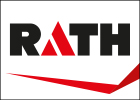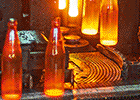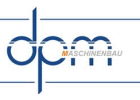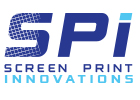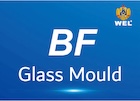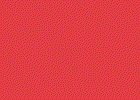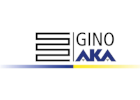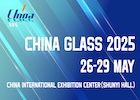Awarded for the 17th time, two winners take home the prize funded by the Ernst Abbe Fund
Alica Durán from Spain recognized as one of the most distinguished experts in glass coatings
Daniel Neuville highly regarded for using various types of spectroscopy in developing glass-like inorganic materials
This year's Otto Schott Research Award went to two European researchers: Professor Alicia Durán from the Spanish Research Council (CSIC) in Madrid, Spain, and Professor Daniel Neuville from the Institut de Physique du Globe de Paris at the University of Paris. The Ernst Abbe Fund’s Board of Trustees recognized both Duran and Neuville as “…internationally renowned glass scientists, leaders amongst global industry and academic entities, who have given significantly to the glass community.” The prize is valued at 25,000 euros and is dedicated to outstanding scientific and technological achievements in glass, glass-ceramic, and related advanced materials. The award was presented for the 17th time on July 4, 2022, as part of the 26th International Congress of Glass in Berlin, Germany.
Awardee Professor Alicia Durán is a Research Professor at the Spanish National Research Council (CSIC), former President of the International Commission on Glass (ICG), and Chair of the United Nations International Year of Glass 2022. She is considered one of the most distinguished and versatile researchers on functional glass coatings. Her research is characterized by a very successful transfer of knowledge about glass structure to innovative materials with optimized properties for new applications, such as the optimization of glass-ceramic seals for solid oxide fuel cells or the synthesis and photocatalytic characterization of porous and antibacterial sol-gel layers. Durán is the first Spanish researcher to receive the Otto Schott Research Award.
The second award winner, Professor Daniel Neuville, is highly regarded and recognized internationally for using various types of spectroscopy to develop new structural concepts for glass-like inorganic materials, especially at the interface between geomaterials, physics, and chemistry. He has been a pioneer in bridging the gap between macroscopic properties (thermodynamics, physical properties) and structure or dynamics at the atomic or molecular level.
The Otto Schott Research Award was first presented in 1991 and recognizes outstanding scientific achievements in fundamental research and technology development of special materials, components, and systems for applications like optics and electronics, solar power, health, and living. It is also intented to encourage support for collaboration between science and industry. The Stifterverband für die Deutsche Wissenschaft manages the Ernst Abbe Fund, which is responsible for funding the prize. The previous winners of the Otto Schott Research Award include physicians and chemists from the United States, Russia, Japan, China, Germany, and other European countries.
Otto Schott is considered the inventor of modern glass technology. Borosilicate glass, one of his many inventions, has changed the world. Unlike any other invention, these products have influenced and, in some cases, even enabled the development of optics, the large-scale chemical industry, and people's everyday lives all over the world.




